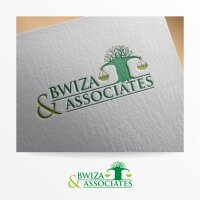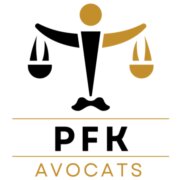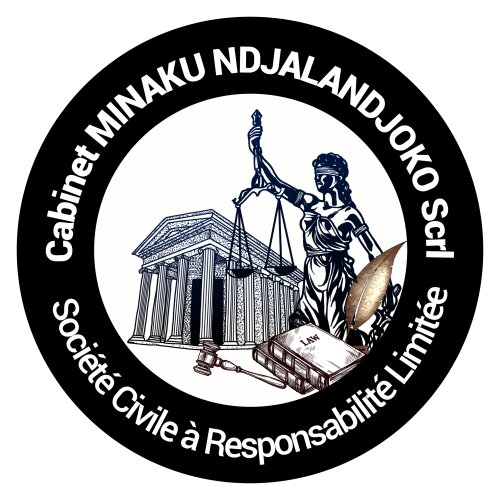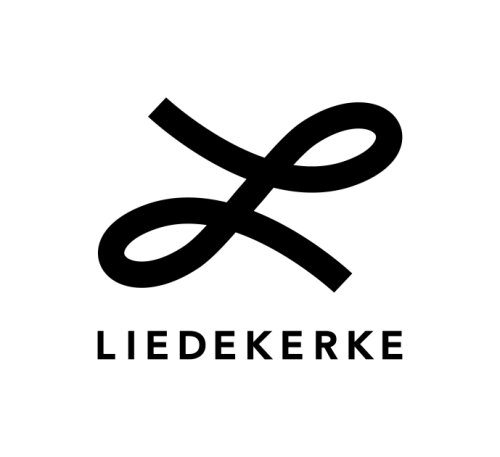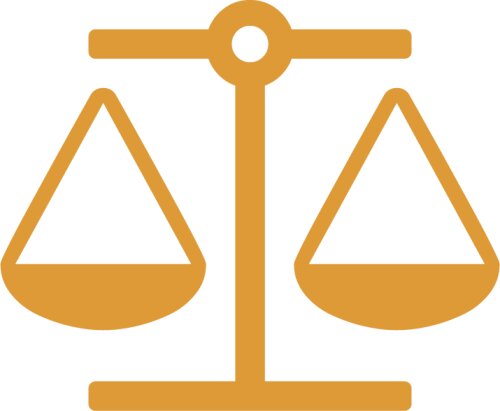Best Corporate & Commercial Lawyers in DR Congo
Share your needs with us, get contacted by law firms.
Free. Takes 2 min.
Or refine your search by selecting a city:
List of the best lawyers in DR Congo
About Corporate & Commercial Law in DR Congo
Corporate & Commercial law in the Democratic Republic of the Congo (DR Congo) refers to the branch of law that regulates the formation, governance, and operation of companies and commercial enterprises. It also covers issues such as contracts, mergers and acquisitions, joint ventures, foreign investment, and dispute resolution among businesses. DR Congo, as a member of the Organization for the Harmonization of Business Law in Africa (OHADA), implements a uniform legal framework for companies and commercial activities. This makes it easier for local and international businesses to navigate the legal environment, though national regulations and unique local practices still apply.
Why You May Need a Lawyer
Businesses and individuals often require legal assistance in the realm of corporate and commercial law in a variety of situations. Setting up a new company, drafting or reviewing contracts, handling disputes with partners or clients, and ensuring compliance with OHADA regulations are some of the most common scenarios. A lawyer helps interpret complex legal requirements, minimize legal risks, represent parties in negotiations or court, and offer strategic advice during business reorganizations, acquisitions, and dissolutions. Hiring a legal specialist is especially crucial in DR Congo due to the evolving regulatory landscape and complexities arising from local customs and administrative practices.
Local Laws Overview
DR Congo’s corporate and commercial legal system is significantly influenced by the OHADA Uniform Acts, which cover company law, general commercial law, secured transactions, and more. The country also maintains its own commercial code and regulations, which must be considered alongside OHADA rules. Noteworthy aspects include:
- Strict requirements for company registration, including the submission of bylaws and notarized documents
- Obligations for periodic financial reporting and tax registration with the Directorate General of Taxes (DGI)
- Rules regarding the rights and responsibilities of shareholders and directors
- Laws governing mergers, acquisitions, and liquidation procedures
- Protection mechanisms for foreign investors and guidelines for joint ventures
- Application of the OHADA Uniform Acts primarily through specialized commercial courts (Tribunaux de Commerce)
- Fully written contracts for most commercial transactions, with clear remedies specified for breach of agreement
- Anti-corruption laws and compliance requirements for combating money laundering
Local nuances, administrative requirements, and the intersection of civil law with OHADA regulations emphasize the need for precise legal guidance.
Frequently Asked Questions
What are the main types of business structures available in DR Congo?
The most common business entities include the Société à Responsabilité Limitée (SARL - limited liability company), Société Anonyme (SA - public limited company), and branches or representative offices of foreign companies.
How do I register a new company in DR Congo?
Company registration requires submitting the company’s bylaws, proof of capital, director information, and various forms to the Guichet Unique de Création d’Entreprise (GUCE). All documents generally need to be notarized, and registration with the tax office is mandatory.
Is foreign ownership allowed in DR Congo companies?
Yes. Foreigners can own and invest in Congolese businesses, subject to certain sector-specific restrictions and reporting obligations, especially in extractive industries.
How are commercial disputes resolved?
Disputes can be settled through negotiation, mediation, or arbitration. In formal disputes, commercial courts established under OHADA Uniform Acts have jurisdiction.
Are contracts legally binding in DR Congo?
Yes. Written contracts that meet the legal requirements are binding and enforceable under Congolese law and OHADA regulations.
What taxes do companies have to pay?
Companies must pay corporate income tax, value added tax (VAT), and various local levies. Registration and timely tax submissions at the Directorate General of Taxes (DGI) are required.
What are the directors’ legal obligations?
Directors have a fiduciary duty to act in the company’s best interests, manage its affairs transparently, comply with reporting obligations, and avoid conflicts of interest.
Are there restrictions on transferring company shares?
Share transferability depends on the type of company and the content of its bylaws. Transfer of shares in a SARL is generally subject to approval by other shareholders.
What is the role of OHADA in corporate law?
OHADA provides a unified legal framework for company formation, management, and dispute resolution, which is directly applicable in DR Congo. National laws apply where not covered by OHADA.
Where can I find official resources or get more help?
You can contact governmental agencies, the Chamber of Commerce, or a qualified lawyer specializing in corporate law for specific advice related to your business.
Additional Resources
If you need more information or assistance, consider reaching out to these resources:
- Guichet Unique de Création d’Entreprise (GUCE) - Central point for business registration and licensing
- Ministry of Justice and Human Rights - Oversees legal and regulatory matters
- Ministry of Economy and Innovation - Provides support for business and commercial activity
- Chamber of Commerce and Industry in Kinshasa - Offers guidance and services to business owners
- OHADA National Commission - Information about the harmonized business laws in force
- Directorate General of Taxes (DGI) - For guidance on business tax matters
- Private law firms and legal aid clinics specializing in corporate law
Next Steps
If you require legal assistance in corporate or commercial matters in DR Congo, start by gathering all relevant documents and information about your business or intended activity. Clearly outline your goals and any specific questions or concerns. It is advisable to consult with a qualified lawyer who specializes in Congolese corporate law and is familiar with OHADA regulations. They can help you navigate registration procedures, review contracts, ensure compliance, and represent your interests if disputes arise. For most issues, timely consultation helps prevent legal complications and promotes smooth business operations.
To proceed, contact the GUCE or the appropriate governmental agency for initial guidance, then schedule a meeting with a commercial legal advisor to discuss your needs in detail.
Lawzana helps you find the best lawyers and law firms in DR Congo through a curated and pre-screened list of qualified legal professionals. Our platform offers rankings and detailed profiles of attorneys and law firms, allowing you to compare based on practice areas, including Corporate & Commercial, experience, and client feedback.
Each profile includes a description of the firm's areas of practice, client reviews, team members and partners, year of establishment, spoken languages, office locations, contact information, social media presence, and any published articles or resources. Most firms on our platform speak English and are experienced in both local and international legal matters.
Get a quote from top-rated law firms in DR Congo — quickly, securely, and without unnecessary hassle.
Disclaimer:
The information provided on this page is for general informational purposes only and does not constitute legal advice. While we strive to ensure the accuracy and relevance of the content, legal information may change over time, and interpretations of the law can vary. You should always consult with a qualified legal professional for advice specific to your situation.
We disclaim all liability for actions taken or not taken based on the content of this page. If you believe any information is incorrect or outdated, please contact us, and we will review and update it where appropriate.
Browse corporate & commercial law firms by service in DR Congo
DR Congo Attorneys in related practice areas.
Browse corporate & commercial law firms by city in DR Congo
Refine your search by selecting a city.




